Psychological Disorders
advertisement
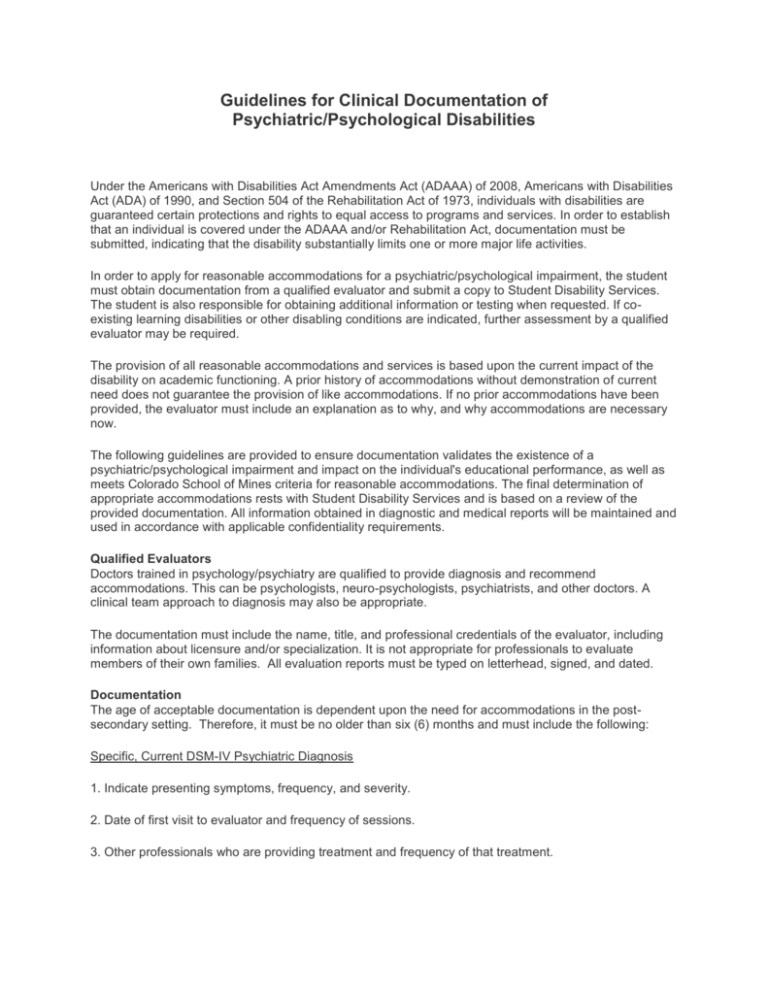
Guidelines for Clinical Documentation of Psychiatric/Psychological Disabilities Under the Americans with Disabilities Act Amendments Act (ADAAA) of 2008, Americans with Disabilities Act (ADA) of 1990, and Section 504 of the Rehabilitation Act of 1973, individuals with disabilities are guaranteed certain protections and rights to equal access to programs and services. In order to establish that an individual is covered under the ADAAA and/or Rehabilitation Act, documentation must be submitted, indicating that the disability substantially limits one or more major life activities. In order to apply for reasonable accommodations for a psychiatric/psychological impairment, the student must obtain documentation from a qualified evaluator and submit a copy to Student Disability Services. The student is also responsible for obtaining additional information or testing when requested. If coexisting learning disabilities or other disabling conditions are indicated, further assessment by a qualified evaluator may be required. The provision of all reasonable accommodations and services is based upon the current impact of the disability on academic functioning. A prior history of accommodations without demonstration of current need does not guarantee the provision of like accommodations. If no prior accommodations have been provided, the evaluator must include an explanation as to why, and why accommodations are necessary now. The following guidelines are provided to ensure documentation validates the existence of a psychiatric/psychological impairment and impact on the individual's educational performance, as well as meets Colorado School of Mines criteria for reasonable accommodations. The final determination of appropriate accommodations rests with Student Disability Services and is based on a review of the provided documentation. All information obtained in diagnostic and medical reports will be maintained and used in accordance with applicable confidentiality requirements. Qualified Evaluators Doctors trained in psychology/psychiatry are qualified to provide diagnosis and recommend accommodations. This can be psychologists, neuro-psychologists, psychiatrists, and other doctors. A clinical team approach to diagnosis may also be appropriate. The documentation must include the name, title, and professional credentials of the evaluator, including information about licensure and/or specialization. It is not appropriate for professionals to evaluate members of their own families. All evaluation reports must be typed on letterhead, signed, and dated. Documentation The age of acceptable documentation is dependent upon the need for accommodations in the postsecondary setting. Therefore, it must be no older than six (6) months and must include the following: Specific, Current DSM-IV Psychiatric Diagnosis 1. Indicate presenting symptoms, frequency, and severity. 2. Date of first visit to evaluator and frequency of sessions. 3. Other professionals who are providing treatment and frequency of that treatment. 4. Clear evidence of significant impairment in two of the following: social, academic, or occupational functioning. 5. Clear evidence that symptoms do not meet criteria for Pervasive Developmental Disorder, Schizophrenia, or other Psychotic Disorder and are not better accounted for by another mental disorder (e.g. Mood Disorder, Anxiety Disorder, Dissociative Disorder, or a Personality Disorder). 6. Descriptors/codes for applicable Axis I, Axis II, Axis III, Axis IV, and Axis V diagnoses. Diagnostic Evaluation 1. History of presenting symptoms that have significantly impaired functioning over time. 2. Developmental history. 3. Family history of psychiatric/psychological impairment and other educational, learning, physical, or psychological difficulties deemed relevant by the examiner. 4. Relevant medical and medication history, including the absence of a medical basis for the symptoms being evaluated. 5. Relevant psychosocial history and interventions. 6. Thorough academic history of elementary, secondary, and postsecondary education. 7. Relevant employment history. 8. Description of current functional limitations pertaining to educational setting that is presumably a direct result of psychiatric/psychological impairment. 9. History of relevant prior therapy. Alternative Diagnoses Explain the possibility of dual diagnoses and alternative or co-existing mood, behavioral, neurological and/or personality disorders. Prescribed Medications 1. Dosages. 2. Side effects. 3. Schedules, which may influence the types of accommodations provided. 4. Impact of medication on the student's ability to meet the demands of the Colorado School of Mines. Narrative Summary 1. Description of substantial limitations to major life activities caused by the psychiatric/psychological disability. 2. Description of extent to which these limitations impact the academic and living environment in a postsecondary setting. 3. Indication of whether or not the student was evaluated while on medication, and whether or not the prescribed treatment produced a positive response. 4. Clear evidence that the student's symptoms are present in two or more settings. 5. A recommendation for when the student's condition should be re-evaluated. Recommended Accommodations The recommendation of reasonable accommodations must be appropriate for the postsecondary level and Colorado School of Mines, and must be supported by the diagnosis. If extended test/quiz and/or lab time is recommended, the amount of time must be specified. Rationale must be given for each recommendation. Documentation should be sent to: Student Disability Services W. Lloyd Wright Student Wellness Center 1770 Elm St., Room 205 Golden, CO 80401 Please allow a minimum of two weeks for a review of your request and documentation.
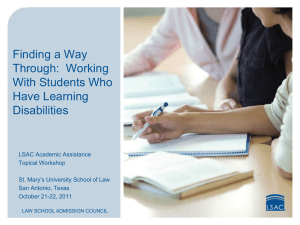
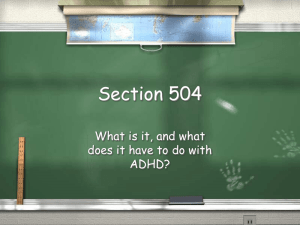

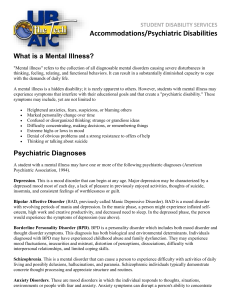
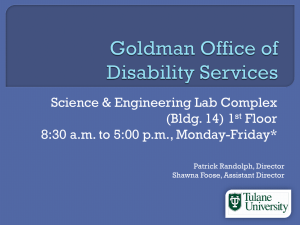
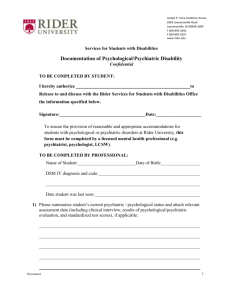
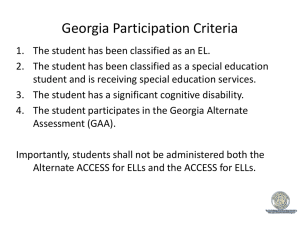
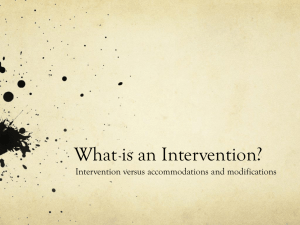
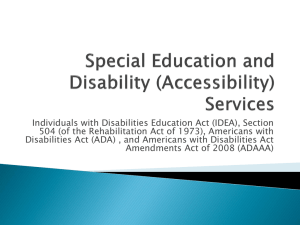
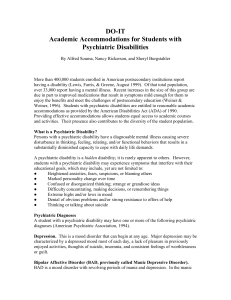
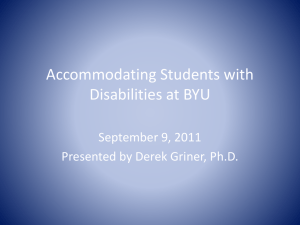
![Nationally%20Endorsed%20SOP%20Template[1]](http://s3.studylib.net/store/data/006646986_1-eabd4107930d1cd1ac6ffdf7df5c0e0a-300x300.png)